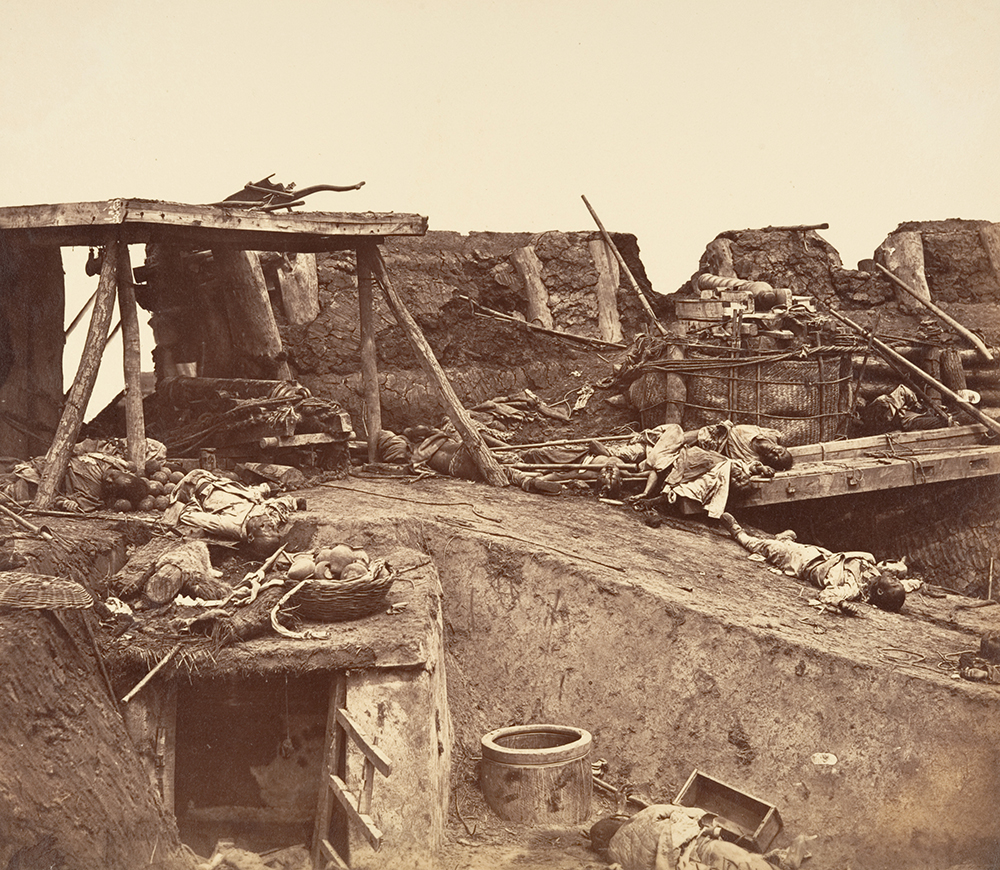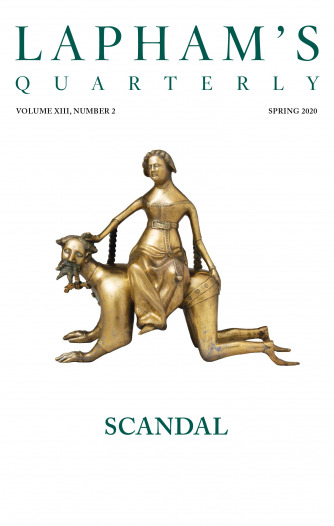History is a people’s memory, and without a memory man is demoted to the level of the lower animals.
—Malcolm X, 1964Test of Time
Samuel Johnson judges the outdated books of seasons past.
No place affords a more striking conviction of the vanity of human hopes than a public library; for who can see the wall crowded on every side by mighty volumes, the works of laborious meditation and accurate inquiry, now scarcely known but by the catalogue, and preserved only to increase the pomp of learning, without considering how many hours have been wasted in vain endeavors, how often imagination has anticipated the praises of futurity, how many statues have risen to the eye of vanity, how many ideal converts have elevated zeal, how often wit has exulted in the eternal infamy of his antagonists and dogmatism has delighted in the gradual advances of his authority, the immutability of his decrees, and the perpetuity of his power?
Of the innumerable authors whose performances are thus treasured up in magnificent obscurity, most are forgotten, because they never deserved to be remembered, and owed the honors which they once obtained not to judgment or to genius, to labor or to art, but to the prejudice of faction, the stratagem of intrigue, or the servility of adulation.
Nothing is more common than to find men whose works are now totally neglected mentioned with praises by their contemporaries as the oracles of their age and the legislators of science. Curiosity is naturally excited, their volumes after long inquiry are found, but seldom reward the labor of the search. Every period of time has produced these bubbles of artificial fame, which are kept up awhile by the breath of fashion and then break at once and are annihilated. The learned often bewail the loss of ancient writers whose characters have survived their works; but perhaps if we could now retrieve them, we should find them only the Granvilles, Montagues, Stepneys, and Sheffields of their time and wonder by what infatuation or caprice they could be raised to notice.
It cannot, however, be denied that many have sunk into oblivion whom it were unjust to number with this despicable class. Various kinds of literary fame seem destined to various measures of duration. Some spread into exuberance with a very speedy growth but soon wither and decay; some rise more slowly but last long. Parnassus has its flowers of transient fragrance as well as its oaks of towering height and its laurels of eternal verdure.
Among those whose reputation is exhausted in a short time by its own luxuriance are the writers who take advantage of present incidents or characters which strongly interest the passions and engage universal attention. It is not difficult to obtain readers when we discuss a question which everyone is desirous to understand, which is debated in every assembly and has divided the nation into parties, or when we display the faults or virtues of him whose public conduct has made almost every man his enemy or his friend. To the quick circulation of such productions, all the motives of interest and vanity concur; the disputant enlarges his knowledge, the zealot animates his passion, and every man is desirous to inform himself concerning affairs so vehemently agitated and variously represented.

Aftermath of the third battle of the Dagu forts, Tianjin, China, 1860. Photograph by Felice Beato. The Metropolitan Museum of Art, Gilman Collection, Museum Purchase, 2005.
He that shall peruse the political pamphlets of any past reign will wonder why they were so eagerly read, or so loudly praised. Many of the performances which had power to inflame factions, and fill a kingdom with confusion, have now very little effect upon a frigid critic; and the time is coming when the compositions of later hirelings shall lie equally despised. In proportion as those who write on temporary subjects are exalted above their merit at first, they are afterward depressed below it; nor can the brightest elegance of diction, or most artful subtlety of reasoning, hope for much esteem from those whose regard is no longer quickened by curiosity or pride.
It is, indeed, the fate of controvertists, even when they contend for philosophical or theological truth, to be soon laid aside and slighted. Either the question is decided, and there is no more place for doubt and opposition, or mankind despair of understanding it and grow weary of disturbance, content themselves with quiet ignorance, and refuse to be harassed with labors which they have no hopes of recompensing with knowledge.
The authors of new discoveries may surely expect to be reckoned among those whose writings are secure of veneration; yet it often happens that the general reception of a doctrine obscures the books in which it was delivered. When any tenet is generally received and adopted as an incontrovertible principle, we seldom look back to the arguments upon which it was first established or can bear that tediousness of deduction, and multiplicity of evidence, by which its author was forced to reconcile it to prejudice, and fortify it in the weakness of novelty against obstinacy and envy.
It is well known how much of our philosophy is derived from Boyle’s discovery of the qualities of the air; yet of those who now adopt or enlarge his theory, very few have read the detail of his experiments. His name is, indeed, reverenced; but his works are neglected; we are contented to know that he conquered his opponents, without inquiring what cavils were produced against him, or by what proofs they were confuted.
Some writers apply themselves to studies boundless and inexhaustible, as experiments and natural philosophy. These are always lost in successive compilations as new advances are made and former observations become more familiar. Others spend their lives in remarks on language, or explanations of antiquities, and only afford materials for lexicographers and commentators, who are themselves overwhelmed by subsequent collectors that equally destroy the memory of their predecessors by amplification, transposition, or contraction. Every new system of nature gives birth to a swarm of expositors, whose business is to explain and illustrate it, and who can hope to exist no longer than the founder of their sect preserves his reputation.
There are, indeed, few kinds of composition from which an author, however learned or ingenious, can hope a long continuance of fame. He who has carefully studied human nature, and can well describe it, may with most reason flatter his ambition. Bacon, among all his pretensions to the regard of posterity, seems to have pleased himself chiefly with his Essays, which “come home to men’s business and bosoms,” and of which, therefore, he declares his expectation that they “will live as long as books last.” It may, however, satisfy an honest and benevolent mind to have been useful, though less conspicuous; nor will he that extends his hope to higher rewards be so much anxious to obtain praise as to discharge the duty which providence assigns him.

Samuel Johnson
From an article in The Rambler. Johnson wrote all but four of The Rambler’s 208 anonymous essays during the periodical’s existence, from 1750 to 1752. The twice-weekly twopenny sheet sold poorly, but the essays were a success after being published in several volumes. “To remember and to recollect are different things,” Johnson once said to his biographer James Boswell, after the latter had leaned back in a chair, forgetting that one of the legs was broken. “A man has not the power to recollect what is not in his mind, but when a thing is in his mind, he may remember it.” Johnson concluded that “its being broken was certainly in your mind.”
